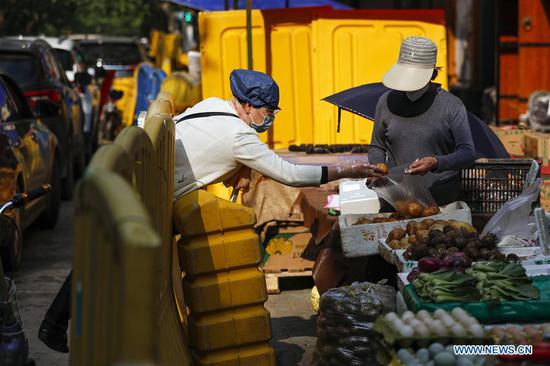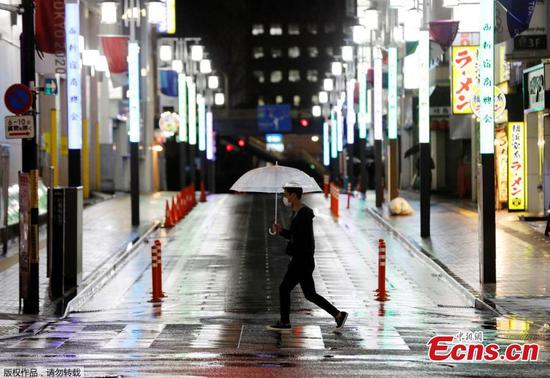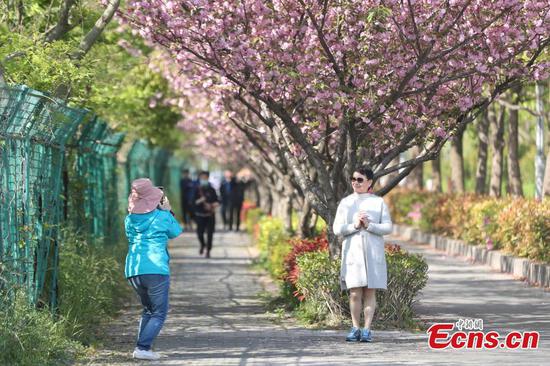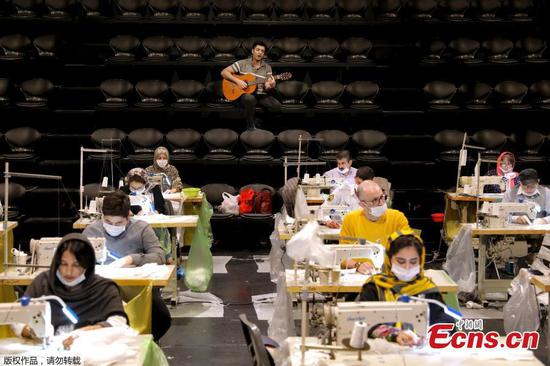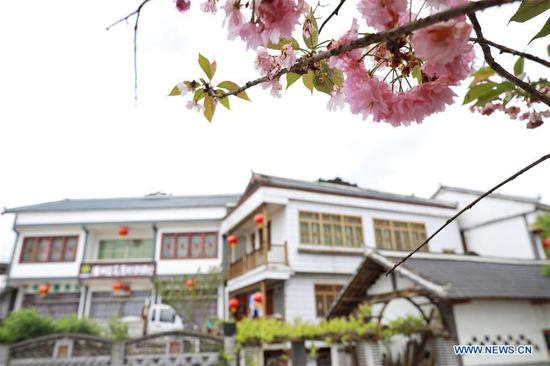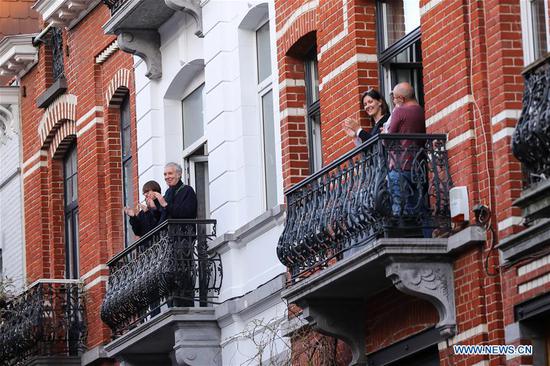
Chen Tingting in Shanghai has not dined out since the outbreak of COVID-19, while Grace Ou in Hong Kong ate out only once during these months. "I remember I ate out twice, and only two or three tables were occupied," Yujin Kim, described what she saw in South Korea.
We are looking at empty restaurants and colorful pictures of homemade dishes on social media platforms – the highly contagious novel coronavirus disease has not only affected the health of over two million people worldwide, but also changed the attitudes and consumption behaviors of millions more.
According to a recent study by research company Nielsen, Asian consumers are unlikely to dine out as frequently as before the COVID-19 pandemic, and they would prefer takeaways and eating at home when life goes back to normal.
Per the study, 86 percent of respondents from the Chinese mainland said they ate at home more often than before the outbreak, and a similar trend was observed with 77 percent of those polled in Hong Kong. In other Asian markets like South Korea, Malaysia and Vietnam, the number is 62 percent.
Why are people eating at home more frequently?
"I am worried about the hygiene conditions of restaurants and I don't know who I may encounter when dining out," Ou told CGTN. Both Kim and Chen agree that safety is the first priority during the pandemic.
Kim also stressed that this kind of social distancing seems effective in limiting the spread of the coronavirus. "I believe the more intensively we join, the faster we will end this pandemic."

Eating at home is also more meaningful for Chen. "Cooking is a stress-relieving process for me, and it can be a way of passing time in self quarantine," she said.
"This is a very natural phenomenon," Professor Gao Xi from Fudan University's Department of History said in an interview with CGTN, adding that every time there is an epidemic, people dine out less, "but history also tells us this is normally a short-term change, not a long-term one."














